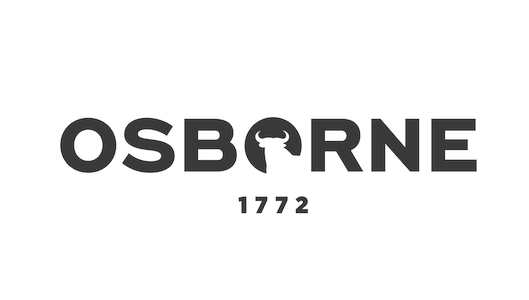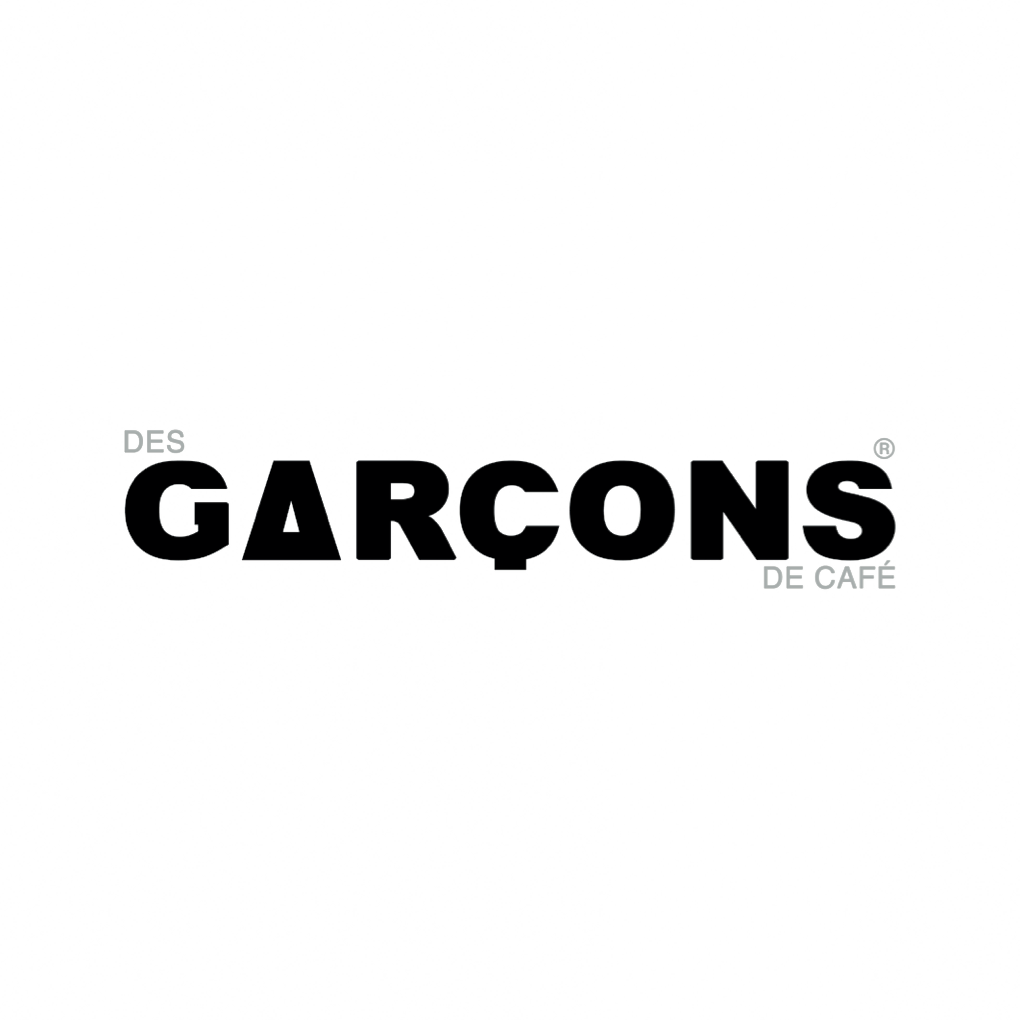News
Meeting of the Seas glimpses healthy oceans by 2050
.jpg)
The organisation of the congress bringing together science, gastronomy and the world of the sea creates a grant for future sustainable collaboration between scientists and chefs.
After more than 20 talks (available on the event’s website) at some ten locations (including a working cruise along the River Guadalquivir), Meeting of the Seas 2021 finishes up “with the satisfaction of having made a contribution to work to improve the sea, to comprehend that transversality applied to sustainability will bear its fruits”, in the words of Carlos Duarte, the event’s scientific director.
The 3rd Meeting of the Seas came to an end in Marbella with the satisfaction of having showcased the problem being caused by Rugulopteryx Okamurae, the algae that is killing off biodiversity on the coasts of Andalusia and now looks set to spread all over the Mediterranean. “We have drawn attention to this to prevent it from spreading, and have worked with scientists and chefs to find edible applications to prevent any multiplication”, said Duarte. That synergy is the basis of a congress which, on its third round, has again brought together scientists, fishermen, professional maritime players and chefs “to find constructive ways of improving our relations with the sea, to co-create a different, sustainable future”.
Another guest this time was Ángel León, who was presented with the Meeting of the Seas’ “Sartún” Award for his contribution to protection of the sea, and whose marine rice project has resonated. Ángel’s idea of sustainable foodstuffs from the sea linked up with the recovery of seagrass meadows, as explained on Wednesday by US scientist Karen McGlathery, Director of the Environmental Resilience Institute at the University of Virginia and heading up the world’s largest project to retrieve these marine ecosystems. “That is the future of the congress, of the oceans and of humanity”, added Duarte. “We’ve lost 20% of marine forests in one century, but if things are done properly we could have healthy oceans by the year 2050”. That’s what the congress will continue with. We still have time to do it, and we’ll work towards it”, said the Chairman of Vocento’s Gastronomy Division, Benjamín Lana, before the Minister of Agriculture, Fishing and Food, Luis Planas Puchades, officially brought the event to a conclusion. In his closing speech, Planas dwelt on the importance of the blue economy in Spain, where it leads the European Union (EU) with levels of production worth 32,700 million euros, and also generating almost one million jobs. The minister also praised the work of chefs and cooks in spreading values concerning healthy eating, and showcasing a healthy, nutritious, sustainable and responsible gastronomic culture.
Two more announcements helped draw a line under this multidisciplinary event. “As a gesture of the consolidation of Meeting of the Seas and its multidisciplinary focus, we intend to create a grant to enable chefs and scientists to work together at each Meeting”, Lana told the congress. This had been spurred on by the work of chef David Chamorro, alma mater of the gastronomic laboratory Food Idea Lab, with applications for the invasive algae species. This and other more international projects could see some continuity, since the possibility was also announced of a Meeting of the Seas in America, linking the Atlantic to the Pacific. Co-creation of a sustainable future in Spain, Europe and America.
The lung represented by seagrass meadows
Seagrass meadows are “the lungs of the planet”, and ecosystems in which “we’ve lost 20% of the surface area in the space of the last one hundred years”, warned Karen McGlathery. The Director of the Environmental Resilience Institute at the University of Virginia has spent the last 20 years working to retrieve seagrass meadows on the US’s Atlantic seaboard, sowing 75 million seeds over 200 hectares.
This has improved water quality and reduced the impact of currents, and it is one of the best natural solutions to mitigate climate change.
McGlathery set the tone of an event which also featured Japanese researcher Atushi Watanabe, pointing out the need to share knowledge in order to secure a powerful algae cultivation industry; Peruvian chef Pedro Miguel Schiaffino, promoting a study of Amazonia with a view to comprehensive gastronomic utilisation, and Galician chef Pepe Vieira (Pepe Vieira*, Pontevedra), who stated his wish to look back at the territory and “be less permeable to external influences if we wish to preserve the future”.
The scientific director also used the event to publicise the Oceans 2050 project, on which he is involved with Alexandra Cousteau, environmental activist and granddaughter of Jacques Cousteau. The project aims to “shorten distances between ideas and courses of action to regenerate the oceans, so that for a future generation they resemble the oceans their grandfathers knew”, explained Duarte.
The congress came to an end with a 100% Andalusian lunch with Mediterranean produce, by Benito Gómez (Bardal**, Ronda, Málaga), Luís Callealta (Ciclo, Cádiz), Dani Carnero (Kaleja, Málaga) and Álvaro Arbeloa (Ta-Kumi, Málaga). The Meeting of the Seas is science and future, and also Andalusia and gastronomy.
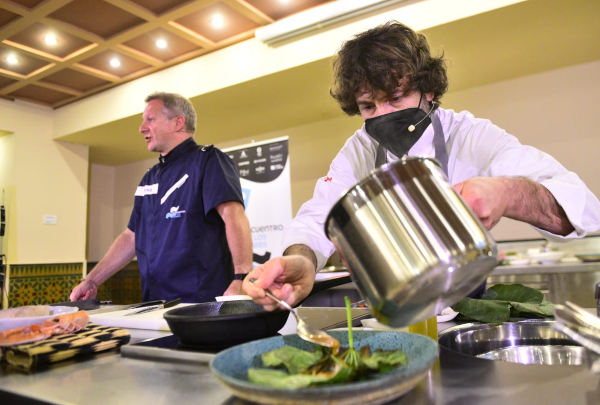
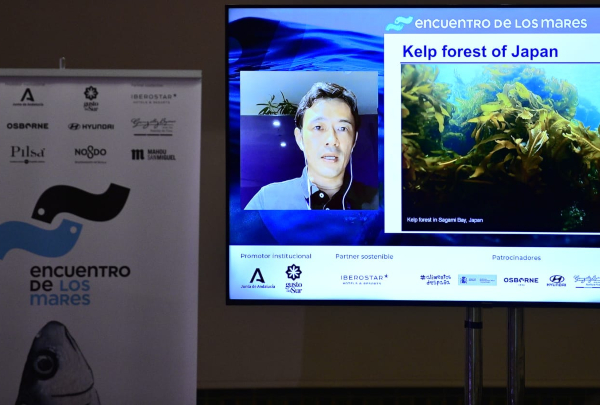
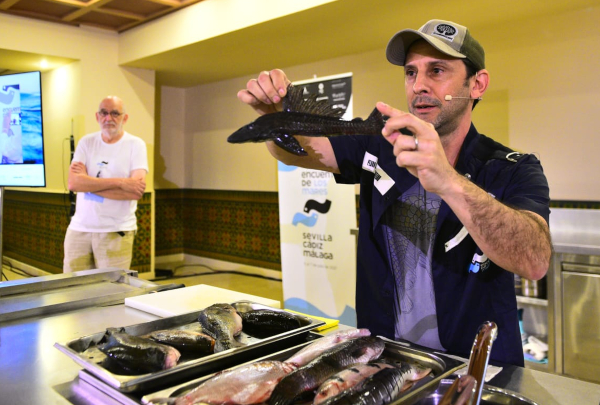
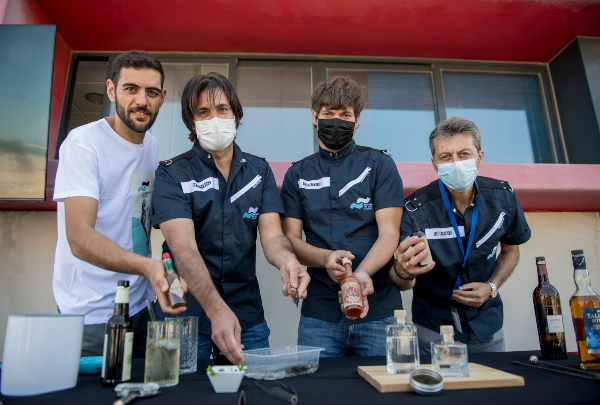
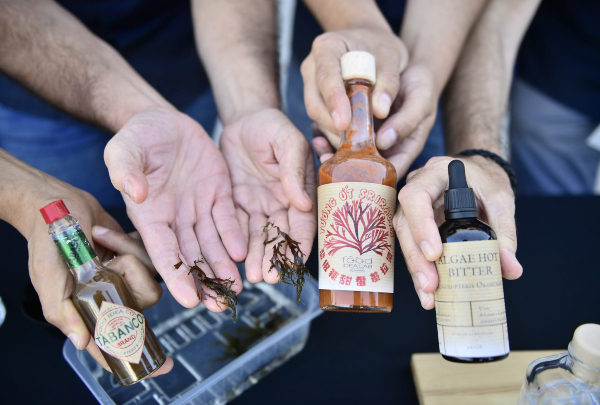
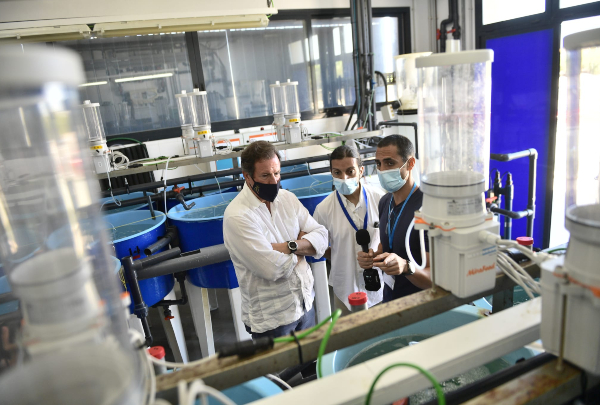
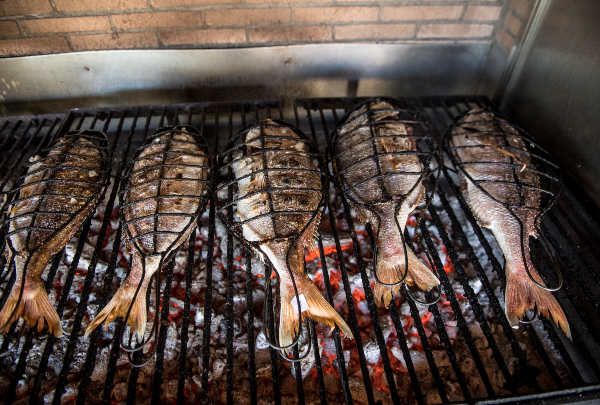
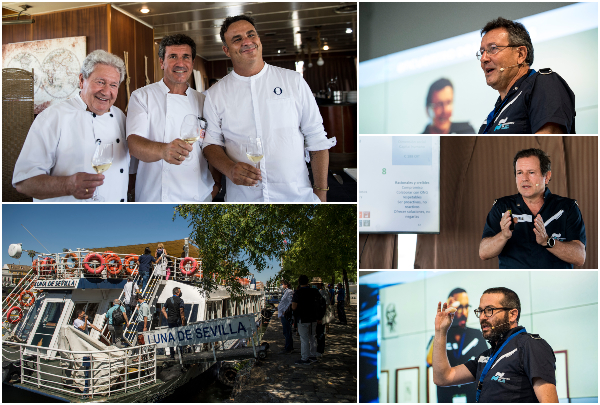
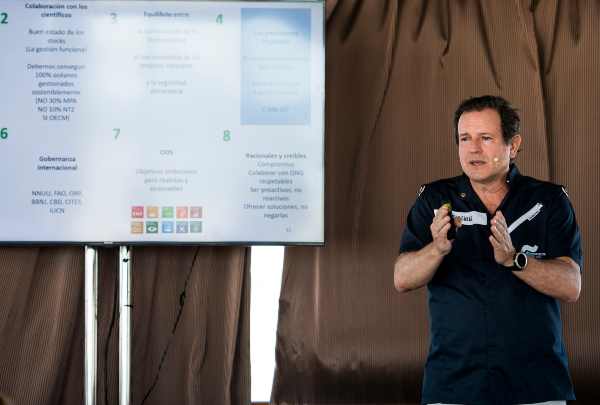
.jpg)





